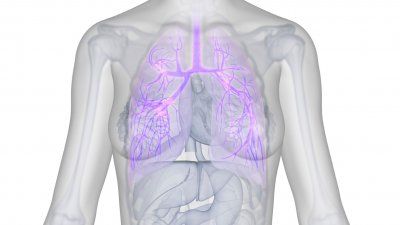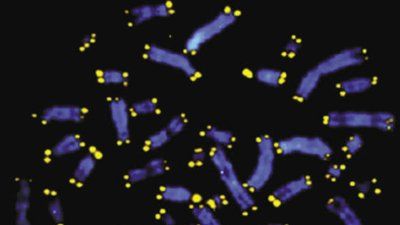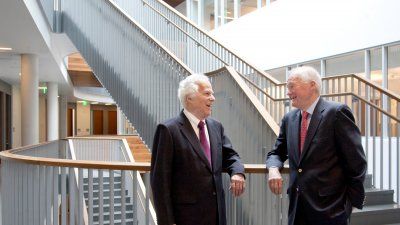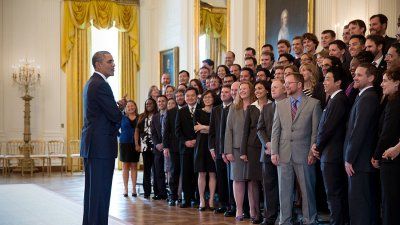Our Microbes Are a Rich Source of Drugs, UCSF Researchers Discover
Bacteria that normally live in and upon us have genetic blueprints that enable them to make thousands of molecules that act like drugs, and some of these molecules might serve as the basis for new human therapeutics, according to UCSF researchers.







